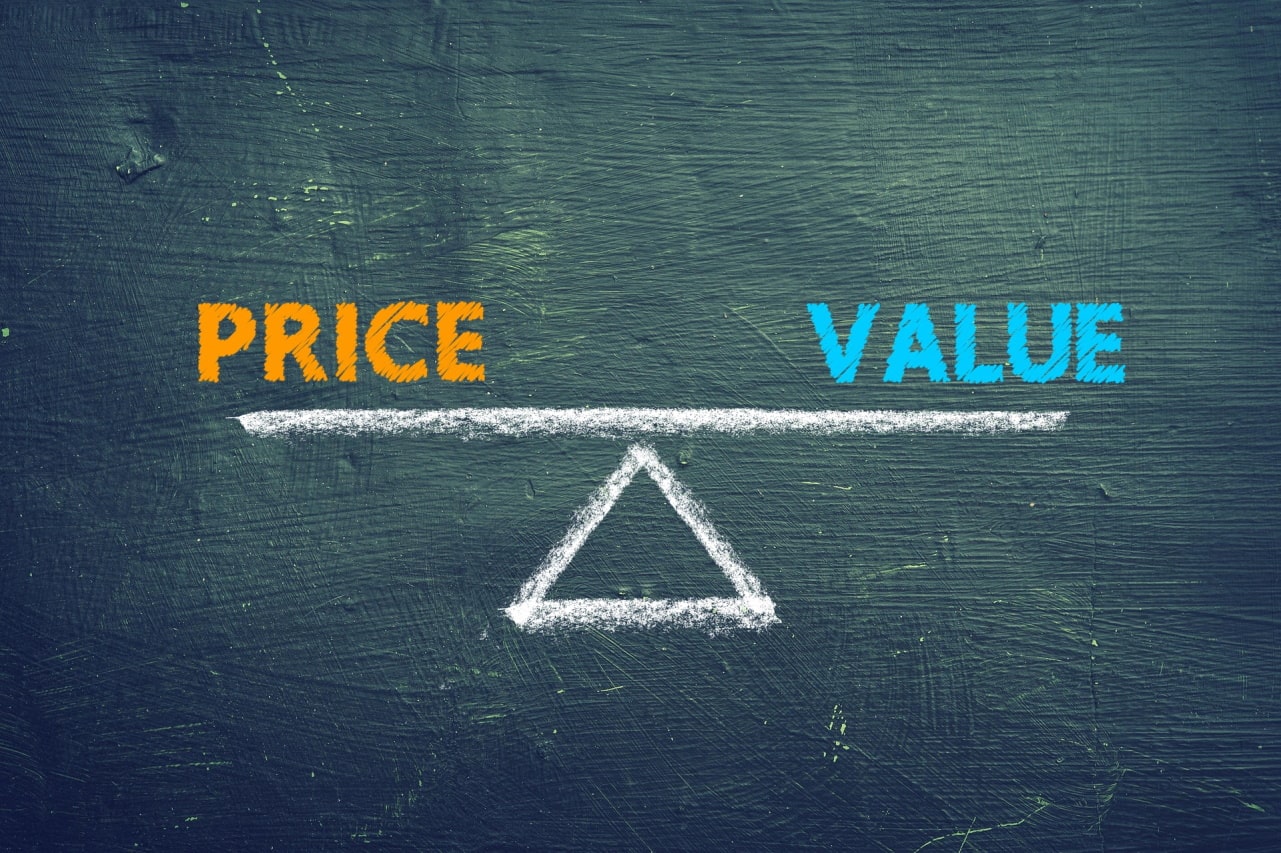Understanding the Factors that Affect the Value of Premium Domains, Including Length, Relevance, History, and Future Development Potential, and Navigating the Complex Landscape of Domain Sales and Acquisitions in Today’s Dynamic Market.
The world of premium domains is fascinating and complex, and it’s not always easy to understand why some domains sell for huge amounts of money while others don’t. There are many factors that can affect the value of a premium domain, including its length, its relevance to a particular industry or market, its history, and its potential for future development. In this article, we’ll take a closer look at why some premium domains sell for more than others, and what makes a premium domain truly valuable.
Firstly, it’s important to understand what we mean by a “premium domain.” In general, a premium domain is a domain name that is short, memorable, and easy to spell, making it ideal for use in branding and marketing. These domains often have a high commercial value, as they are easy to remember and can help businesses establish a strong online presence. However, not all premium domains are created equal, and some are more valuable than others.
One factor that can affect the value of a premium domain is its length. In general, shorter domain names are considered more valuable than longer ones, as they are easier to remember and type. For example, a two or three-letter domain name like “AI.com” or “NYC.com” is likely to be more valuable than a longer domain name like “ArtificialIntelligence.com” or “NewYorkCity.com.” However, there are exceptions to this rule, and some longer domain names can still be quite valuable if they are particularly relevant to a specific industry or market.
Another factor that can affect the value of a premium domain is its relevance to a particular industry or market. Domains that are highly relevant to a specific industry or market are often more valuable than those that are more generic. For example, a domain like “CarInsurance.com” is likely to be more valuable than a domain like “Insurance.com,” as it is more specific and targeted to a particular market. Similarly, a domain like “Brewery.com” is likely to be more valuable than a domain like “Beer.com,” as it is more specific and relevant to a particular industry.
History can also play a role in determining the value of a premium domain. Domains that have a long and interesting history, or that have been previously owned by a famous or influential individual or organization, can be quite valuable. For example, the domain “Voice.com” sold for $30 million in 2019, in part because it had previously been owned by the social media company Block.one. Similarly, the domain “NFT.com” sold for $1.5 million, in part because it had previously been owned by a company that was involved in the early development of NFTs.
The potential for future development can also affect the value of a premium domain. If a domain has the potential to be developed into a successful website or online business, it may be more valuable than a domain that is simply being used for branding purposes. For example, the domain “Home.com” sold for $12 million, in part because it has the potential to be developed into a successful real estate website. Similarly, the domain “VacationRentals.com” sold for $35 million in 2007, in part because it had the potential to be developed into a successful online vacation rental platform.
So, what makes a premium domain truly valuable? In general, a valuable premium domain is one that is short, memorable, and easy to spell, and that is highly relevant to a specific industry or market. It may also have an interesting history, or the potential for future development. Ultimately, the value of a premium domain is determined by a complex interplay of factors, including market demand, perceived value, and the unique characteristics of the domain itself.
It’s also worth noting that the value of a premium domain can change over time. What may have been a valuable domain in the past may not be as valuable today, as market trends and industry developments can shift. Similarly, a domain that is not particularly valuable today may become more valuable in the future as new industries emerge or new technologies develop.
The process of selling a premium domain can be complex and time-consuming. Buyers and sellers must navigate a variety of legal and technical issues, including domain transfer and ownership verification. There are also a variety of factors that can affect the price of a premium domain, including the seller’s willingness to negotiate, the buyer’s budget, and the perceived value of the domain.
The world of premium domains is dynamic and ever-changing, and it requires a careful understanding of market trends, industry developments, and the unique characteristics of each domain in order to determine its true value. Whether you are buying or selling a premium domain, it’s important to work with experienced professionals who can help you navigate the complex landscape of domain sales and acquisitions. With the right expertise and approach, you can find a premium domain that meets your needs and helps you achieve your business goals.

